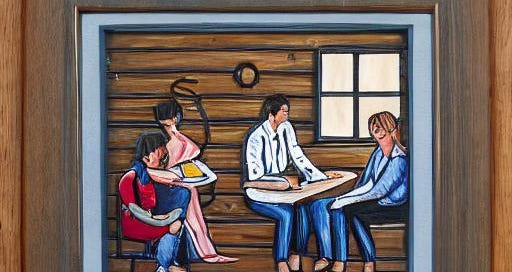They gathered in the center of the cabin, away from the world, the four of them talking about their family’s heart. She would drive her son South on 321 to Charlotte, early on a Saturday morning. By the time they reached the highway, her husband and daughter would have offered excuses around town. A trip across the country. Some time together, before he…
© 2025 Fiction Attic LLC
Substack is the home for great culture





